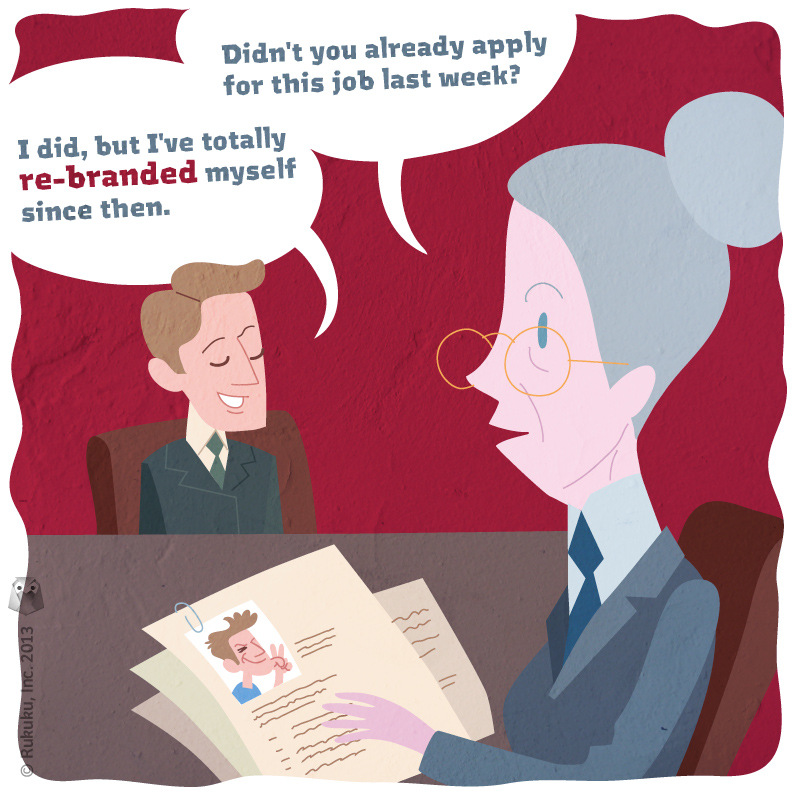Last week, we discussed some of the ways in which universities are trying to make liberal arts courses more marketable through activities like group work and class presentations. Another part of that process, though, is presenting what one has learned in a positive light to potential employers. To do that, students, recent grads, and job seekers in general need to turn their interests and experiences into resume bullet points and interview discussion topics.

Students turn interests into resume bullet points and interview talking points to build their own brand.
Are you taking a class on the Roman Empire? Cool, explain how the class helped you better understand the downfall of Lehman Bros. Class on Shakespearean literature? Discuss Macbeth’s leadership strengths and flaws. Are you in a punk rock band? Awesome, put a bullet point on the CV and talk about how you overcame adversity to book gigs and manage the band budget, all while keeping the drummer sober.
It’s kind of fun to make those connections. Demonstrates creativity. (Quick write that down for your next interview.) I do wonder, though, how that pressure to make everything marketable influences the educational experience. We think of higher education, or at least I think of higher education, as a time when students are encouraged to challenge assumptions and continually ask why. Do we sacrifice any intellectual space by following our ‘why’ questions so quickly with ‘how does that relate to a career”?
I don’t have an answer for that and am very interested to hear if any educators, students, or other readers have opinions to share. How strongly should the potential marketability of a class or an activity factor into a student’s choice to participate? Do those considerations make classes any less academic?
